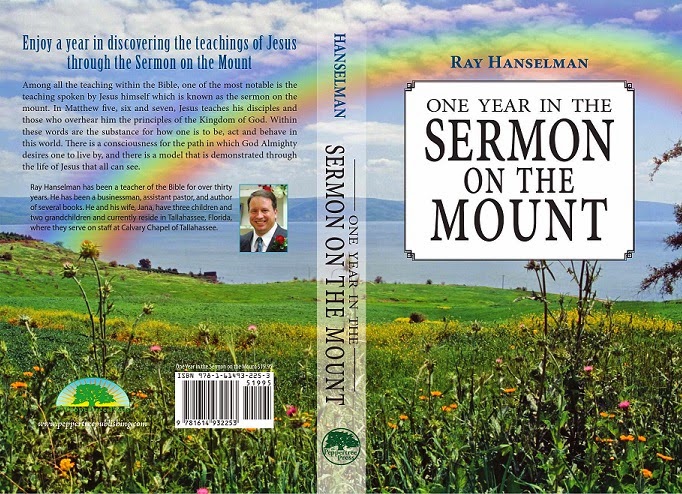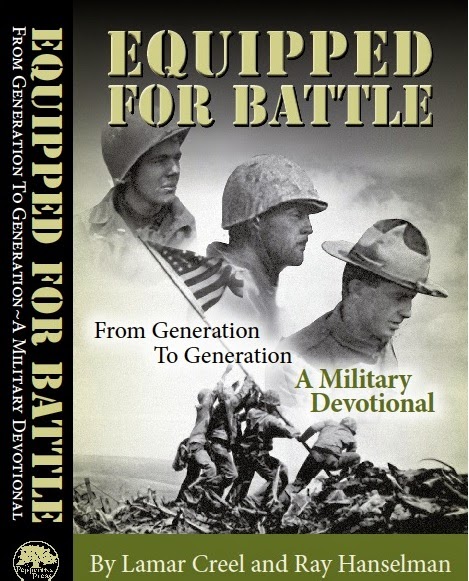As Jeremiah remembers his
affliction, misery, wormwood and gall, he is affected within his
soul. In verse twenty he told of the result of his inward troubles
where he wrote:
My soul has them
still in remembrance, and is humbled in me.
The verse begins, “My soul has them still in
remembrance,...” It is one thing for Jeremiah to feel deep
seated emotions because of his circumstances, and it is quite another
to know that his soul was remembering his sufferings over and over
again. It was not as though he could forget them because he was
living in the continuance of the situation that brought these
horrible conditions upon him. Rather than being able to dismiss his
memories, they haunted him every day.
The
verse goes on to say, “...and
is humbled in me.” What
was the result of Jeremiah's remembering his afflictions? It
“humbled”
him which means it “sunk him down” and “bowed
him” as if it was toward the ground. There was no room for pride in
Jeremiah's soul because his circumstances lowered him to a state of
chagrin and disgrace.
Have we ever been humbled by
our situations or circumstances? Have there been places of pride that
have been far removed because we were chagrined or embarrassed in our
lives? Maybe decisions were made that brought us into unfortunate
circumstances that were made by others and now our lives are affected
by them. As we ponder this verse, perhaps it will help us to remember
how Jesus humbled Himself in His sufferings and death on the cross,
and we should consider what Jesus said as recorded in the gospel of
Matthew in chapter twenty-three and verse twelve:
And whosoever shall exalt himself shall be abased; and he that
shall humble himself shall be exalted.
May the
Lord lead us to glory in nothing other than God the Father and Jesus
Christ His Son, and may the remembrance of that keep us in a humbled
state within our souls at all times.
Next
time we see how Jeremiah recalls these things, so read ahead, and we
shall join together then.
Until
tomorrow...there is more...
Look
for the daily devotional book “Equipped for Battle – From
Generation to Generation”, the marriage book “So, You Want to Be
Married”, and the new devotional “One Year in the Sermon on the
Mount” in all major bookstore sites, www.amazon.com ;
www.barnesandnobles.com ; download to e-books, and find it locally at
www.mrzlc.com/bookstore









































